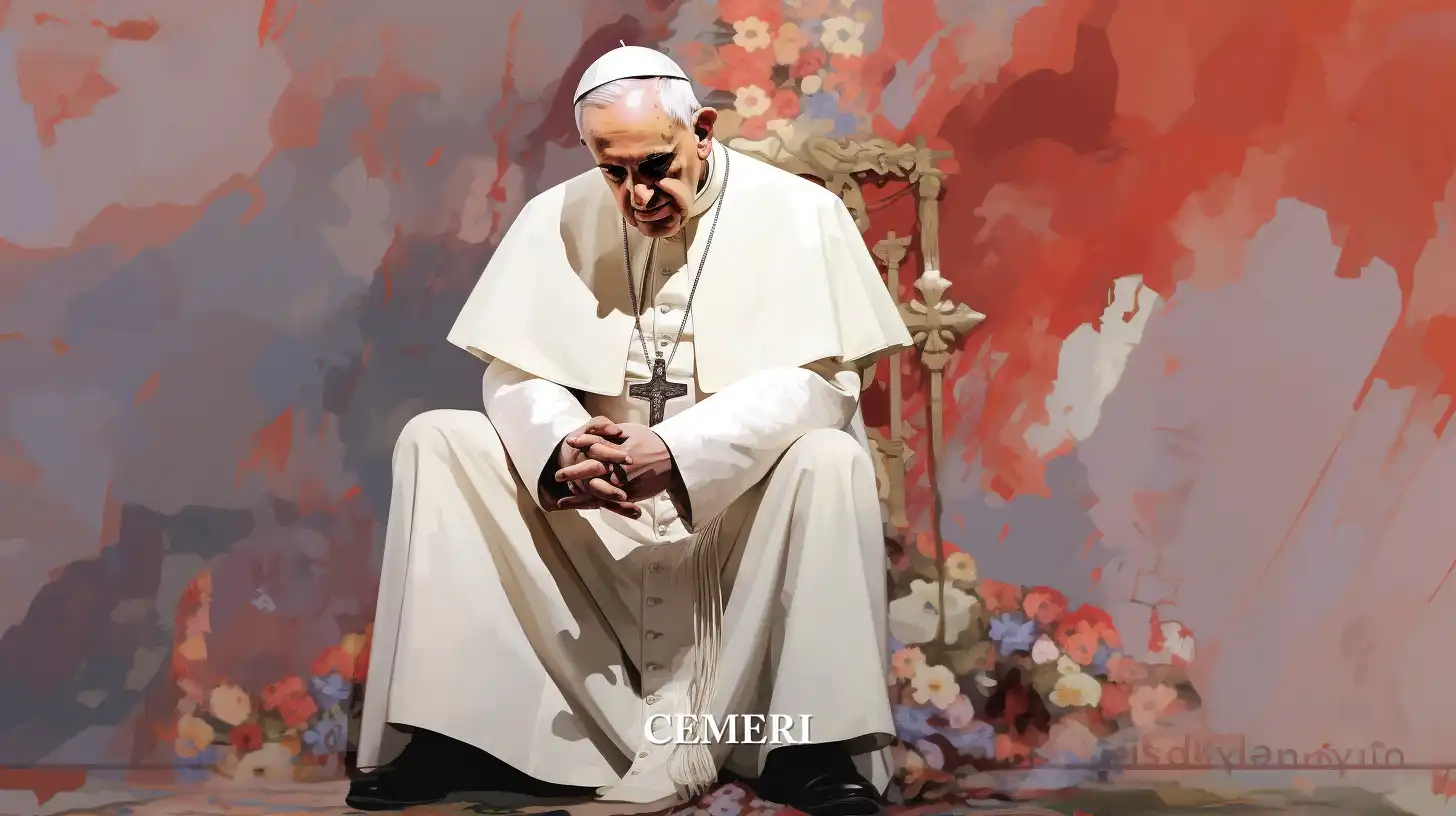Opinion
Fernanda Vazquez
feminism and power
- It is necessary to reformulate the concept of power from the feminist theory in the RRII.

In the article [“What is it and what does feminist theory look for in International Relations?”] (e-que-es-teoria-feminista-kt) it was established that this discipline has been built from a masculinized and androcentric perspective and that feminism entered it as a theory in the eighties to add new categories of analysis and reinterpret vital concepts that had been built under the same patriarchal and Eurocentric logic.
Following this line, it is important to review, from a feminist perspective, one of the vital concepts for International Relations, Political Science and other social disciplines: power. In most of the definitions created up to now, and centered on a realistic and patriarchal theory, power has been understood as power over, that is, “political power consists of a relationship between those who exercise it and those over whom is exercised”[1].
Proof of the above is the definition of one of the greatest exponents of classical realist theory, Hans Morgenthau, who establishes that power is "man's control over the minds and actions of other men [...] political power it consists of a relationship between those who exercise it and those on whom it is exercised”[2]. On the other hand, Max Weber, sociologist, mentions that power is "the probability of imposing one's own will, within a social relationship, even against all resistance and whatever the foundation of that probability"[[3]] (#_ftn3).
For feminist theory in the International Relations, these types of definitions are problematic since they are based on the understanding of power as domination and whose existence depends on power hierarchies, since they assume the existence of those who exercise (dominant) power and over whom they exercise it (mastered).
Feminist interpretation of power
Feminist political theory has interpreted power in three senses, power as: resource, domination (power over) and empowerment (power to), understanding that power over is "the ability of an individual or a group of limit the options of another by virtue of a set of cultural, social, institutional and structural factors”[4] and power to as “the capacity of an individual or group to pursue a series of purposes, often despite their subordinate status”[5]; these approaches could be related to a liberal theory of feminism.
In addition to the above, there is another perspective or feminist current within politics that understands that power comes from the structure of domination, which is why it is not something attributable to the individual or the collective but to the system that sustains it[[6\ ]](#_ftn6); that is, the systems of oppression; This approach would correspond to other feminist currents such as the radical, the Marxist, the socialist, among others.[7]
Although, there are different interpretations of what could be understood by power and different ways of studying it, it is important to mention that for feminism power would have to come from the community and not from the institution; that is, “a political agency that creates a counterpower and confronts the constituted and institutionalized power”[8]. In addition, this counterpower would have to face the systems of oppression and should exercise a "counterculture, which founds a new culture, that of human equivalence"[9].
Women and power
At present, and understanding power as a resource, there is significant confusion regarding what is meant by women in power and women with power. Various actors such as the United Nations or States, such as Sweden or Canada, have repeatedly pointed out the importance of increasing women in important positions in international or national politics; Although the relevance is clear, it is necessary to deepen it.
At the state level, as of January 1, 2021, there were a total of 9 Heads of State (5.9%) and 13 Heads of Government (6.7%) in countries such as: Germany, Bangladesh, Barbados, Denmark, Slovakia, Estonia, Ethiopia , Finland, Gabon, Georgia, Greece, Iceland, Lithuania, Nepal, Norway, New Zealand, Peru, Republic of Moldova, Serbia, Singapore, Togo, and Trinidad and Tobago.[10]
In terms of representation at the international level in relevant bodies, of all these women, only Angela Merkel (Germany) belongs to the G-7, a group of countries with political, economic and military weight, and not one of them belongs to important organizations at the international level. such as the Security Council with its permanent members.
From a realistic and colonial perspective, the existence of world powers is ensured, which are so called thanks to their economic, military and influence capacity in the multilateral sphere; In this sense, it can be ensured that Merkel is the only woman leading a world power, the other States are considered small and without much capacity in these three areas.[11] In this way, although These women are in a position of power, it is not guaranteed that they have power, much less in the international arena, since they continue to be relegated to "small" States that do not have influence or decision in the international arena.
This is an example of the importance and necessity of a definition of power based on feminist elements, since "traditional ways of understanding power in international relations are insufficient to unravel the complexity of world politics"[[12\ ]](#_ftn12).
Conclusion
Finally, several debates could be established about whether the term power has a place within feminism, but not having it would be something utopian since we still live under the same dynamics that systems of oppression generate, such as capitalism or patriarchy itself. However, it is necessary that, as feminists, we build a definition of power under a notion that takes into account elements of the feminist movement and theory, such as collectivity and the eradication of said systems and that goes beyond the traditional ideas of power as domination; it is necessary that we understand power under a more human notion.
Until now, students and academics have used these androcentric and patriarchal concepts in our research and analysis, "partly because of the traditional training of the authors and partly because of the attempt to legitimize the philosophy of feminism in academia"[13 ]; however, as feminists within the International Relations, we still have the task of reinterpreting these concepts from a feminist perspective to try to understand the world from a new perspective.
"It is not about women simply taking power out of the hands of men, since that would not change anything in the world. It is precisely about distributing that notion of power"
Simone de Beauvoir

